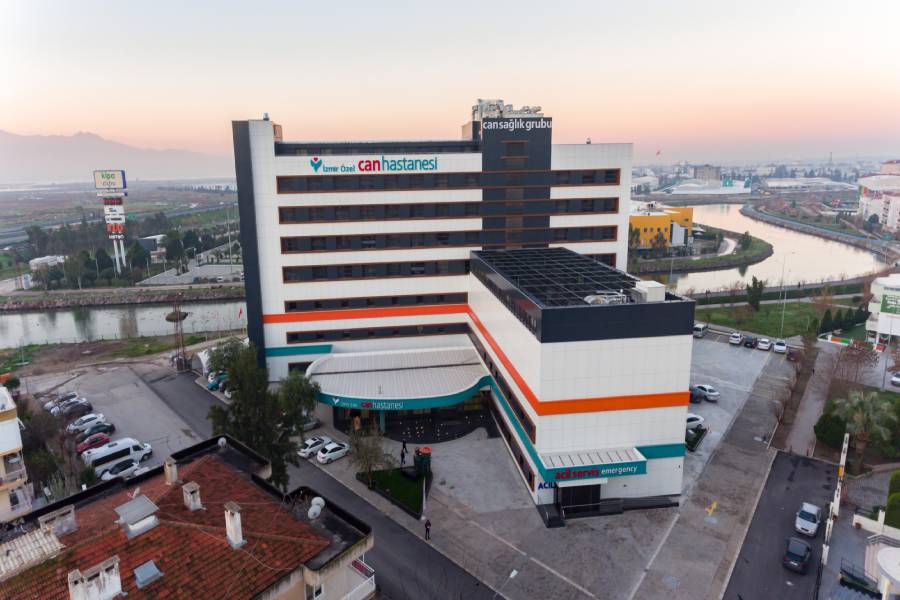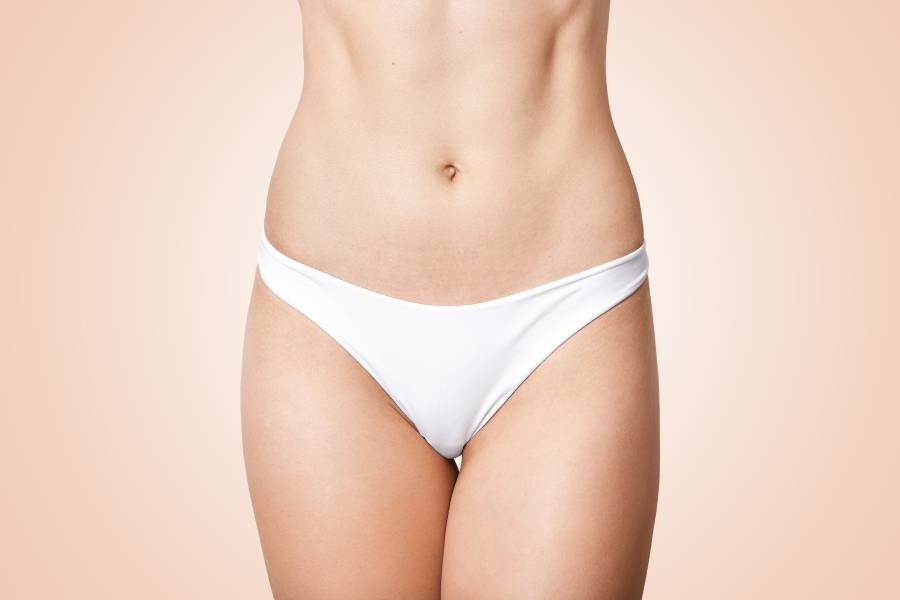Why no dairy after dental implant?
Categorised in: Genel, HEALTH GUIDE
Published Date:
Recovering from dental implant surgery is a critical time. It’s important to follow specific care tips for the best results. This includes avoiding certain foods, like dairy products, right after surgery. This might seem hard, but it’s key to help healing and prevent problems.
It’s important for patients to know why they should skip dairy after getting dental implants. Following the right care tips, including avoiding dairy, helps with a smooth recovery. We’ll look into why dairy is off-limits and suggest other foods for nutrition during healing.
Understanding Dental Implant Surgery and Recovery
Dental implant surgery is a complex process. It involves placing a titanium screw into the jawbone to replace a missing tooth root. This screw acts as a stable base for the new tooth, making it look and feel natural. This is when the bone grows and fuses with the implant. It’s key for a strong and lasting base for the new tooth.
After dental implant surgery, following post-operative instructions is crucial. These may include what foods to eat, how to clean your mouth, and what medicines to take. These steps help with healing and prevent problems. During recovery, you might feel some pain, swelling, and bruising. These symptoms are normal and usually go away in a few days to a week. Over-the-counter pain relievers and cold compresses can ease the discomfort. Also, avoid putting too much pressure on the implant site and eat soft foods until it heals.
Regular visits to your dentist are important to check on the healing. The process of osseointegration can take several months. During this time, you might wear a temporary tooth. Once the implant is fully integrated, the final tooth can be placed, bringing back your smile and dental function.
Reasons to Avoid Dairy Immediately After Dental Implant Surgery
After getting dental implants, what you eat is key to healing right and avoiding problems. It’s important to skip dairy products like milk, cheese, and yogurt right after surgery. These foods can mess with healing and up the chance of getting an infection.
Dairy has a lot of calcium, which can change the mouth’s pH levels. This makes it easier for bacteria to grow. This can lead to more infections, which is bad news right after dental implant surgery. Keeping the mouth’s pH balanced is crucial for healing well and avoiding issues.
Also, dairy proteins can stick to the implant site and slow healing. They form a film on the implant that can stop it from blending with the bone. This could cause the implant to fail or heal slowly.
To cut down on infection risk and recover smoothly, skip dairy products for a bit after surgery. Your dentist will tell you when it’s okay to start eating dairy again. Until then, there are many other foods that are good for you and won’t slow down healing.
How Dairy Products Can Affect Dental Implant Recovery
After getting dental implants, it’s important to follow your dentist’s advice for healing. This includes avoiding dairy products right after surgery. These products can slow down healing and cause problems.
Dairy can mess with blood clotting, which is key for healing. Blood clots protect the surgery area and help new tissue grow around the implant. But, dairy’s proteins and enzymes can break down these clots. This exposes the implant to bacteria and raises the chance of infection.
Dairy can also cause inflammation near the implant site. Inflammation is normal after surgery but too much can make you swell, hurt, and heal slower. Casein in dairy can trigger inflammation in some people, making healing harder.
In serious cases, dairy can even cause the implant to fail. If the area doesn’t heal right, the implant might not stick well to the bone. This could mean you need more surgery to fix it, which is a big setback.
To recover well from dental implant surgery, skip dairy products for a while. Your dentist will tell you how long, based on your surgery. Following their advice helps your body heal without dairy’s interference. This way, you can avoid problems and get the best results from your dental implants.
Alternative Food Options During Dental Implant Recovery
During the early stages of dental implant recovery, it’s best to avoid dairy products. Instead, there are many other foods that can give you the nutrients you need without harming the healing process. Foods like smoothies, pureed soups, and mashed veggies are soft and easy to eat. They help keep your diet balanced while your implants heal.
For calcium, you don’t have to stick to dairy. Leafy greens like spinach and kale, and fish with bones like canned salmon, are great choices. You can also try calcium-fortified foods, such as some cereals and plant-based milks, to get enough calcium.
Other soft, nutritious foods include scrambled eggs, hummus, avocado, and well-cooked legumes. These foods are full of vitamins, minerals, and protein. They support your health and healing. Always talk to a dental professional or nutritionist to get a meal plan that fits your needs and tastes during dental implant recovery.
When Can You Safely Reintroduce Dairy After Dental Implant Surgery?
Reintroducing dairy after dental implant surgery is not the same for everyone. Your dentist will guide you on when it’s safe to start eating dairy again. This depends on how you heal and your dentist’s advice.
For the first few days to a week, it’s best to avoid dairy products. This helps prevent problems and lets the implant heal right.
As you get better and the risk of infection goes down, your dentist will tell you when to start eating dairy again. Everyone heals at their own pace, so this time can vary.
Always listen to your dentist and watch for any signs of trouble when you start eating dairy again. If you feel pain, swelling, or anything odd, see your dentist right away.
The main thing is to listen to your body and follow your dentist’s advice. Gradually adding dairy back into your diet is key to a smooth recovery.
Long-Term Care and Maintenance of Dental Implants
Keeping dental implants healthy for a long time requires good care. People with implants must follow a strict oral hygiene routine. This helps prevent problems and keeps implants healthy. It means brushing twice a day with a soft toothbrush and non-abrasive toothpaste, flossing once a day, and using mouthwash to fight plaque and bacteria.
Regular visits to the dentist are also key. These check-ups help keep an eye on the implant’s health and spot problems early. The dentist will check the implant’s stability, look for signs of infection, and clean away tartar or calculus. Going to these appointments helps fix issues fast and keeps the implant working well.
Choosing the right foods and habits helps implants last longer. Avoid eating hard or sticky foods that can harm the implant. Quitting smoking and drinking less alcohol is also important. These habits can slow healing and increase the risk of the implant failing. By following these tips and working with their dental team, patients can enjoy their implants for years.
Considering Dental Implant in Turkey as a Treatment Option
Turkey is a top choice for dental implants because of its quality care at lower prices. It has many reputable clinics with skilled professionals in implantology. These clinics use the latest technology to ensure patients get the best care. Choosing Turkey for dental implants means getting great value. You can save a lot of money compared to back home, without losing out on quality. This makes Turkey a great choice for those looking into dental implants.

Why British Citizens Choose Turkey for Health Services?
British citizens are increasingly opting for Turkey when seeking medical treatments due to a combination of superior healthcare services, affordability, […]

Psychological Effects of Genital Aesthetics on Body Image
In a society increasingly focused on physical perfection, the realm of genital aesthetics has surfaced as an area of both […]

Common Concerns About Genital Plastic Surgery
Genital plastic surgery, a burgeoning field within the realm of cosmetic enhancements, has witnessed a notable surge in popularity. Procedures […]

In which cases is labiaplasty necessary?
Labiaplasty, a procedure that has recently garnered significant attention, involves the surgical reduction of the labia minora. This operation, also […]

Healthy Recovery Process After Genital Aesthetic Surgery
Day Things To Do Things to Avoid 1-7 Days – Bed rest – Using medications recommended by the doctor – […]